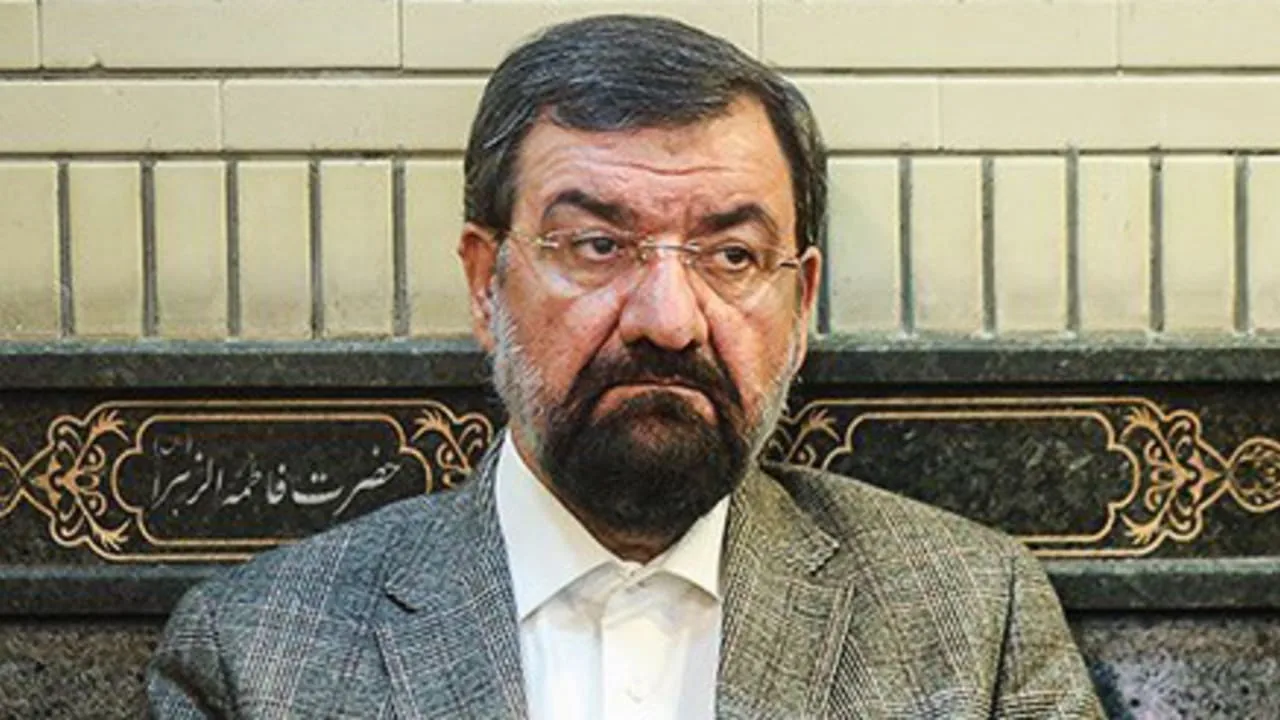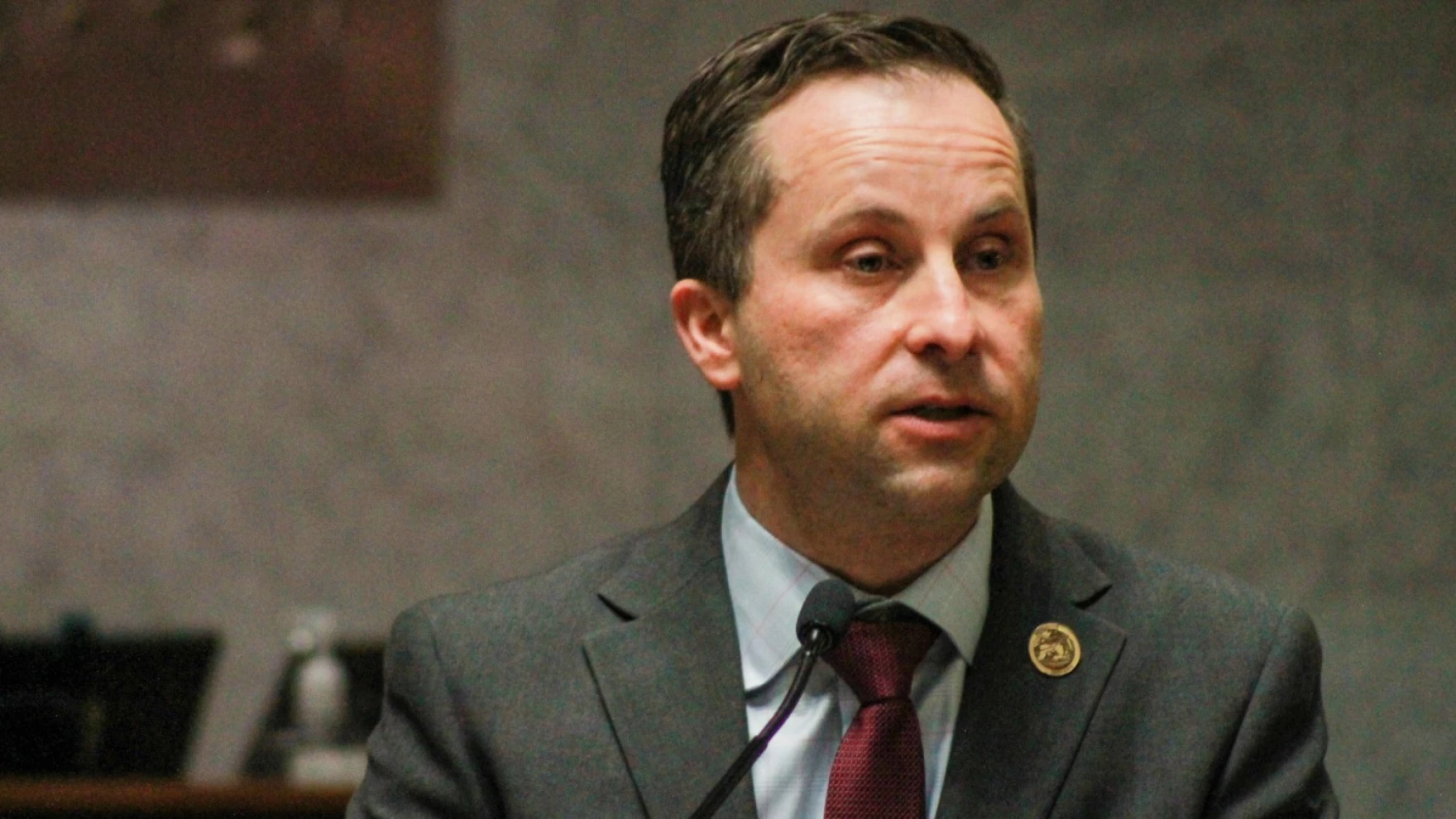Mohsen Rezai is one of Iran’s most prominent military and political leaders, known for his long career in the Islamic Revolutionary Guard Corps (IRGC) and his influence in Iranian politics. Born in September 1954 in Kermanshah, Iran, Rezai studied economics at the University of Tehran before embarking on a path that would make him a key figure in the country’s military and political landscape.
Rezai’s rise to national prominence came during the Iran-Iraq War, which lasted from 1980 to 1988. He served as the Commander of the IRGC from 1981 until 1997. The IRGC is a powerful branch of Iran’s armed forces, created after the 1979 Islamic Revolution to protect the new regime and its interests. During this intense period, Rezai helped lead and organize Iran’s defense against Iraqi forces. His leadership played a crucial role in shaping the IRGC into a formidable military force. After his tenure as commander, Rezai remained influential by becoming a military advisor to Iran’s Supreme Leader, Ayatollah Ali Khamenei, continuing to impact Iran’s military strategies and policies.
Beyond his military role, Mohsen Rezai has also sought political power. He ran for president of Iran multiple times, including in 2005, 2009, and 2013. Despite his repeated attempts, he was never elected. Nonetheless, his political career did not end there. He was appointed as the Secretary of the Expediency Discernment Council, a key institution that advises the Supreme Leader and resolves conflicts between Iran’s parliament and Guardian Council. This position has given Rezai significant influence over Iranian policy and governance. Throughout his political career, Rezai has been aligned with Iran’s conservative and hardline factions, supporting policies that emphasize national strength and resistance to Western influence.
Mohsen Rezai is also known for his outspoken views on Iran’s military capabilities and foreign policy. He frequently supports the country’s missile program and expresses strong opposition to Israel and Western countries. His statements often reflect the hardline stance of many Iranian leaders. A recent controversial claim by Rezai involved suggesting that Iran could consider a joint nuclear attack on Israel with Pakistan, a statement that was quickly denied by Pakistani officials. This incident highlighted how Rezai’s remarks can escalate tensions and raise global concerns about Iran’s intentions.
Internationally, Rezai is a controversial figure. The United States and some other countries have imposed sanctions on him because of his role in the IRGC and his involvement in activities viewed as hostile to Western interests. These sanctions limit his ability to travel and conduct international business. Western governments often see Rezai as a symbol of Iran’s hardline military and political approach, which contributes to tensions between Iran and other nations.
Despite international pressure, Mohsen Rezai continues to hold key roles within Iran and remains a vocal supporter of the country’s defense policies. His military background and political activities make him a central figure in understanding Iran’s approach to regional conflicts and its resistance against Western influence. His career reflects the close link between Iran’s military power and its political system, especially the role of the IRGC in shaping national policy.
Mohsen Rezai’s influence is not limited to military matters. As Secretary of the Expediency Discernment Council, he helps shape economic, social, and political policies in Iran. The council plays a crucial role in resolving disputes between different branches of government and advising the Supreme Leader on strategic decisions. Through this role, Rezai’s impact extends beyond the battlefield to the core of Iran’s governance.
His multiple presidential runs, though unsuccessful, have kept him in the public eye and maintained his relevance in Iran’s political scene. His image as a war hero and experienced commander appeals to conservative voters who prioritize security and national sovereignty. Rezai’s political ambitions and military credentials make him a figure to watch in future Iranian politics.
As Iran continues to face international challenges, Mohsen Rezai’s statements and actions remain significant. Whether on issues of nuclear policy, regional conflicts, or military strategy, his hardline views shape Iran’s response to threats and diplomatic pressures. Understanding Mohsen Rezai’s role is important for anyone following developments in Iran’s political and military affairs.







